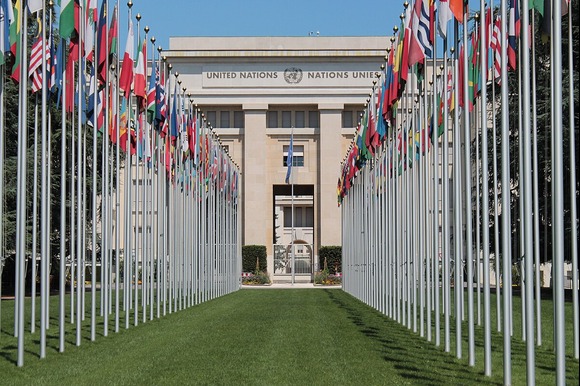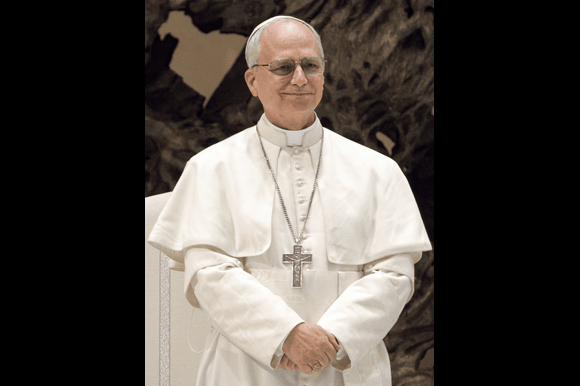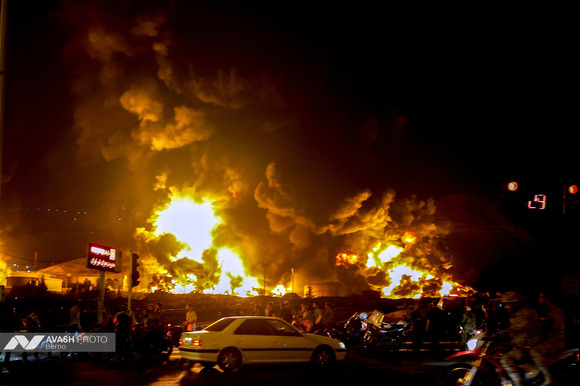
Image by Phan Minh Cuong An from Pixabay
One can observe that almost in every part of the world there are some sort of violent or non-violent protests going on and there is mass uprising including in India, Iran, Lebanon, Hongkong, France, Egypt, Bolivia, Chile, Ecuador, Iraq, UK, and the US. It is considerable to note that mostly educated young generation is taking to the streets for their rights and demand for change through tangible actions.
Reasons for global protests
These protests and mass uprisings are mainly linked with lack of governance and the poor state of the economies coupled with other issues such as corruption, human rights abuses, growing intolerance, climate change, inequality, food inflation, curb on freedom of expression and repression by authoritarian regimes, etc. In some countries, the scale and magnitude of mass uprisings are unprecedented, particularly in India over controversial Citizen Amendment Bill (CAB) and in Indian Occupied Kashmir (IoK), where young Kashmiris for generations have been on the streets for severe human rights violations, especially after diluting articles 370 and 35A on 5 August 2019 which revoked IoK’s special status.
It is expected that in the near future, the world might confront more chaos, conflict, and turmoil amid growing resentment among the young generation. It has been mainly due to lack of their greater say in politics and decision making at one hand, and repressive state policies and politics of ultra-nationalism and politics of anti-politics around the globe. There is a greater sense of deprivation among educated youth that their voices are not being heard and their stakes are not taken care of in governmental policies. This fear among the young generation trigger mass protests around the world.
The dilemma of world politics
As the world’s politics is shaping amidst conflict around the globe, it is worrisome to note that the governments around the world are not ready to learn from their respective flawed policies, instead they are making more gaffes and blunders. Today, there are more uncertainties and unpredictability in the world politics as compared to past decades.
However, the rising frustration among youth across the world has emerged as one of the powerful pressure groups. Among others, this pressure group can play their role in the formulation of the Government’s policies, which eventually shapes power politics. The youth-led protests were successful in revamping the power politics in many parts of the world, which includes changes in policies and governments. In Ecuador, the government forced to withdrew the fuel price hikes, when chaos ensued over fuel subsidies ended by the government. In Bolivia, President Evo Morales fled his country in November 2019 amid violent protests over his bid to stay in power amid the economic crisis. In Lebanon, Prime Minister Saad Hariri forced to resign in October 2019, merely due to a levy on WhatsApp calls which sparked anger among youth. And in Colombia, President promised to lower taxes for the poorest of the country after unrest led to at least 4 casualties.
New political ideologies and trends
In the world of power politics, there is another trend of anti-politics being witnessed where, unfortunately, politics is being portrayed as a dirty business by all segments of the society including media, politicians, intellectuals, and academics, etc., which is bad for society as a whole. Also, in the changing world politics, there is a rise of authoritarian regimes (such as President Putin in Russia, President Xi in China, Muhammad Bin Salman in the Middle East and President Erdogan in Turkey, etc.), politics of ultra-nationalism (such as Modi in India and Donald Trump in the United States), and politics of fear (such as Duterte in Philippine and Kim Jong-un in North Korea) mainly due to the rise of demand for such politics. In the politics of ultra-nationalism, politics of fear and politics of authoritarian regime, it is believed that there would remain some conflict in the world.
Impact of Technology and social media on contemporary politics
Apart from this, the rise of internet penetration (technology and social media) in the world provides young generation more space for greater outreach to voice demands including amid curb on freedom of expression. However, in this age of information and technologies, the battle for truth, a growing culture of disinformation and fake news that triggers chaos in societies are some other major challenges of the world. How we adapt to these new technologies will shape future developments.
Way forward
In the current chaotic situation, one of the challenges of the world, particularly for developing countries, is to be better prepared for the worst-case scenarios. These could be improved by delivering the best public service, better employment opportunities for youth, controlled inflation, improved law and order situation and ensuring transparency and accountability.
In order to achieve tolerance, prosperity, stability and peace in a society, the government regimes around the world has to back the young generation’s demands and manage their expectations to prevent unrest in society.



